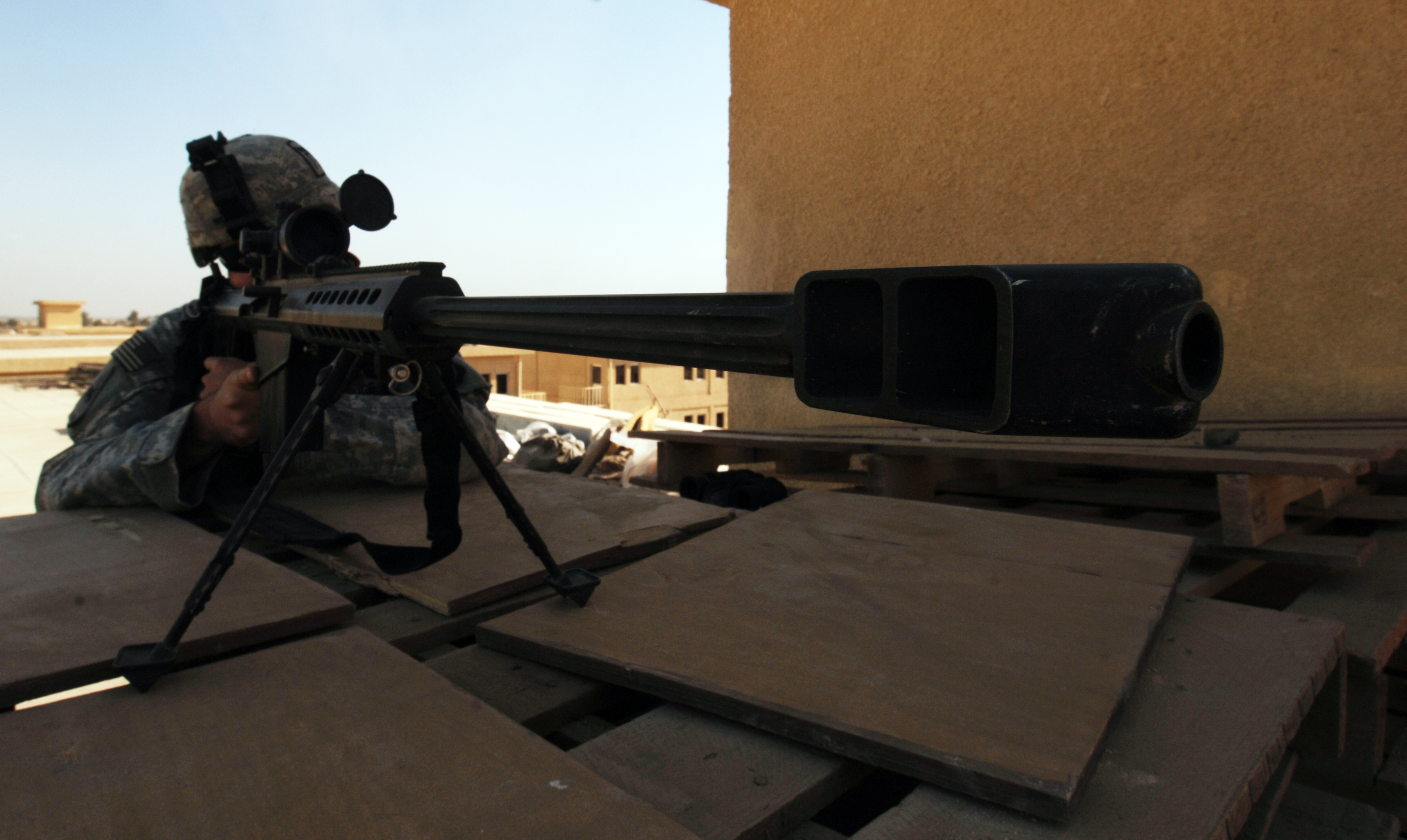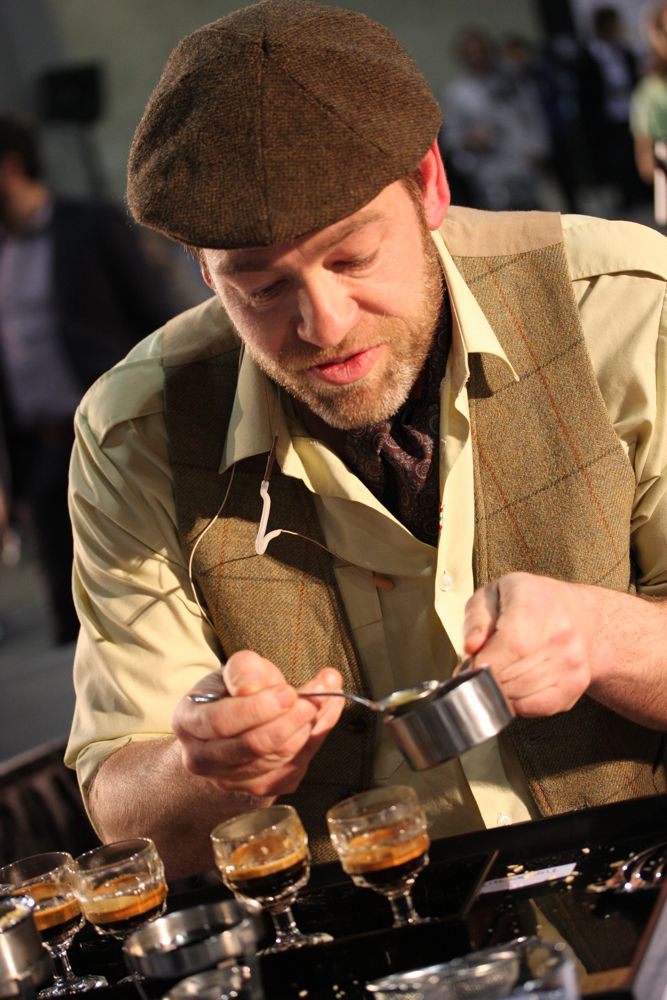|
Gabi (film)
''Gabi'' () is a 2012 South Korean historical mystery drama film starring Kim So-yeon, Joo Jin-mo and Park Hee-soon. It follows an ostensible assassination plot of King Gojong (1852–1919), using coffee brewed by royal barista Tanya. The plan is masterminded by Sadako, a Joseon woman with adopted Japanese nationality, and aided by Ilyich, Tanya's lover. Inspired by conspiracy theories about Gojong and the king's well-known love of coffee, the movie's title ''Gabi'' is a turn-of-the-century Chinese-character transliteration of "coffee." The film is based on author Kim Tak-hwan's historical fiction novel ''Noseoa Gabi'' ("Russian Coffee"). Plot After his wife Empress Myeongseong is assassinated by the Japanese army and under threat of coup d'etat, Gojong the 26th king of Korea's Joseon Dynasty ( Park Hee-soon) briefly seeks refuge at the Russian consulate in 1896. While he is there, he tastes and falls in love with a bittersweet drink that had yet to gain popularity in hi ... [...More Info...] [...Related Items...] OR: [Wikipedia] [Google] [Baidu] |
Chang Yoon-hyun
Chang Yoon-hyun (born July 11, 1967) is a South Korean film director. Chang's directorial debut, the Romance film, romance film ''The Contact (1997 South Korean film), The Contact'' (1997), was the second best selling film of 1997. It also catapulted actress Jeon Do-yeon to stardom in her film debut. His second feature ''Tell Me Something'' (1999) - billed as a "hard-core thriller", was one of 1999's biggest hits. Filmography As director *''Oh! Country of Dreams'' (1989) *''The Night Before the Strike'' (1990) *''The Contact (1997 South Korean film), The Contact'' (1997) *''Tell Me Something'' (1999) *''Some (film), Some'' (2004) *''Hwang Jin Yi (film), Hwang Jin Yi'' (2007) *''Gabi (film), Gabi'' (2012) *''Peaceful Island'' (2015) As screenwriter *''The Contact (1997 South Korean film), The Contact'' (1997) *''Tell Me Something'' (1999) As producer *''Love Wind Love Song'' (1999) (also credited for music) *''Tell Me Something'' (1999) As executive producer *''Flo ... [...More Info...] [...Related Items...] OR: [Wikipedia] [Google] [Baidu] |
Film Adaptation
A film adaptation transfers the details or story of an existing source text, such as a novel, into a feature film. This transfer can involve adapting most details of the source text closely, including characters or plot points, or the original source can serve as loose inspiration, with the implementation of only a few details. Although often considered a type of derivative work, film adaptation has been conceptualized recently by academic scholars such as Robert Stam as a dialogic process. While the most common form of film adaptation is the use of a novel as the basis, other works adapted into films include non-fiction (including journalism), autobiographical works, comic books, scriptures, plays, historical sources and even other films. Adaptation from such diverse resources has been a ubiquitous practice of filmmaking since the earliest days of cinema in nineteenth-century Europe. In contrast to when making a remake, movie directors usually take more creative liberties when c ... [...More Info...] [...Related Items...] OR: [Wikipedia] [Google] [Baidu] |
Korea JoongAng Daily
''Korea JoongAng Daily'' () is the English edition of the South Korean national daily newspaper '' JoongAng Ilbo''. The newspaper was first published on October 17, 2000, as ''JoongAng Ilbo English Edition''. It mainly carries news and feature stories by staff reporters, and some stories translated from the Korean language newspaper. Overview ''Korea JoongAng Daily'' is one of the three main English newspapers in South Korea along with ''The Korea Times'' and ''The Korea Herald''. The newspaper is published with a daily edition of ''The New York Times'' and it is located within the main offices of the ''JoongAng Ilbo'' in Sangam-dong, Mapo-gu, Seoul Seoul, officially Seoul Special Metropolitan City, is the capital city, capital and largest city of South Korea. The broader Seoul Metropolitan Area, encompassing Seoul, Gyeonggi Province and Incheon, emerged as the world's List of cities b .... See also * List of newspapers in South Korea References SlayypookieExtern ... [...More Info...] [...Related Items...] OR: [Wikipedia] [Google] [Baidu] |
The Chosun Ilbo
''The Chosun Ilbo'' (, ), also known as ''The Chosun Daily,'' is a Korean-language newspaper of record for South Korea and among the oldest active newspapers in the country. With a daily circulation of more than 1,800,000, ''The'' ''Chosun Ilbo'' has been audited annually since the Audit Bureau of Circulations was established in 1993. ''The'' ''Chosun Ilbo'' and its subsidiary company, Digital Chosun, operate the ''Chosun.com'' news website, which also publishes news in English, Chinese, and Japanese. History The Chosun Ilbo Establishment Union was created in September 1919. ''The'' ''Chosun Ilbo'' newspaper was founded on 5 March 1920 by Sin Sogu with the financial support of the Daejong Business Association. Cho Jin-Tae, the vice-chairman of the Daejong Business Association was appointed the first President of the newspaper in 1920. However, as the Business Association failed to pay promised finances, the relationship between the Association and ''The Chosun Ilbo'' broke down ... [...More Info...] [...Related Items...] OR: [Wikipedia] [Google] [Baidu] |
Yoo Sun
Wang Yoo-sun (; born February 11, 1976), known professionally as Yoo Sun, is a South Korean actress. She is best known for the popular family Korean drama, drama ''My Too Perfect Sons'', as well as the films ''Black House (film), Black House'', ''Moss (film), Moss'', ''Glove (film), GLove'', and ''Don't Cry Mommy''. Filmography Film Television series Web series Variety/radio shows Theatre Awards and nominations References External links * * * {{DEFAULTSORT:Yoo, Sun 20th-century South Korean actresses 21st-century South Korean actresses South Korean television actresses South Korean film actresses South Korean stage actresses Korea National University of Arts alumni 1976 births Living people Actresses from Seoul ... [...More Info...] [...Related Items...] OR: [Wikipedia] [Google] [Baidu] |
Sniper
A sniper is a military or paramilitary marksman who engages targets from positions of concealment or at distances exceeding the target's detection capabilities. Snipers generally have specialized training and are equipped with telescopic sights. Modern snipers use high-precision rifles and high-magnification optics. They often also serve as scouts/ observers feeding tactical information back to their units or command headquarters. In addition to long-range and high-grade marksmanship, military snipers are trained in a variety of special operation techniques: detection, stalking, target range estimation methods, camouflage, tracking, bushcraft, field craft, infiltration, special reconnaissance and observation, surveillance and target acquisition. Snipers need to have complete control of their bodies and senses in order to be effective. They also need to have the skill set to use data from their scope and monitors to adjust their aim to hit targets that are extremely f ... [...More Info...] [...Related Items...] OR: [Wikipedia] [Google] [Baidu] |
Barista
A barista ( , ; ) is a person, usually a coffeehouse employee, who prepares and serves espresso-based coffee drinks and other beverages. Etymology and inflection The word comes from Italian, where it means a "bartender" who typically works behind a counter, serving hot drinks (such as espresso), cold alcoholic and non-alcoholic beverages, and snacks. The Italian plural is for masculine () or for feminine (), while English and Spanish use "baristas". Application of the title Baristas generally operate a commercial espresso machine, and their role is preparing and pulling the shot; the degree to which this is automated or done manually varies significantly, ranging from push-button operation to an involved manual process. Good manual espresso-making is considered a skilled task. The preparation of other beverages, particularly milk-based drinks such as cappuccinos and caffè lattes, but also non-espresso coffee such as drip or press pot, requires additional work and skill ... [...More Info...] [...Related Items...] OR: [Wikipedia] [Google] [Baidu] |
Coffee
Coffee is a beverage brewed from roasted, ground coffee beans. Darkly colored, bitter, and slightly acidic, coffee has a stimulating effect on humans, primarily due to its caffeine content, but decaffeinated coffee is also commercially available. There are also various coffee substitutes. Typically served hot, coffee has the highest sales in the world market for hot drinks. Coffee production begins when the seeds from coffee cherries (the '' Coffea'' plant's fruits) are separated to produce unroasted green coffee beans. The "beans" are roasted and then ground into fine particles. Coffee is brewed from the ground roasted beans, which are typically steeped in hot water before being filtered out. It is usually served hot, although chilled or iced coffee is common. Coffee can be prepared and presented in a variety of ways (e.g., espresso, French press, caffè latte, or already-brewed canned coffee). Sugar, sugar substitutes, milk, and cream are often added to mask ... [...More Info...] [...Related Items...] OR: [Wikipedia] [Google] [Baidu] |
Korea Royal Refuge At The Russian Legation
King Gojong's internal exile to the Russian legation, also called the Agwan Pacheon incident (), occurred in 1896 in Korea when King Gojong and his crown prince left the Gyeongbokgung palace to take refuge at the Russian legation in Hanseong (Seoul). The incident resulted in a temporary decline of Japan's influence in Korea and corresponding rise in Russia's influence. Context The incident occurred after the First Sino-Japanese War during a period of factional confrontation within the Korean royal court. King Gojong of the Joseon dynasty and his crown prince took refuge from the Gyeongbok Palace at the Russian legation in Seoul, from which they controlled the Korean government for about one year from February 11, 1896, to February 20, 1897. Their escape took place in secrecy; it was arranged by the pro-Russian official Yi Bum-jin, the Russian consul Karl Ivanovich Weber, and others. The event, which was triggered in part by the king's fear of a coup d'état and his reactio ... [...More Info...] [...Related Items...] OR: [Wikipedia] [Google] [Baidu] |
Joseon Dynasty
Joseon ( ; ; also romanized as ''Chosun''), officially Great Joseon (), was a dynastic kingdom of Korea that existed for 505 years. It was founded by Taejo of Joseon in July 1392 and replaced by the Korean Empire in October 1897. The kingdom was founded following the aftermath of the overthrow of Goryeo in what is today the city of Kaesong. Early on, Korea was retitled and the capital was relocated to modern-day Seoul. The kingdom's northernmost borders were expanded to the natural boundaries at the rivers of Yalu River, Amnok and Tumen River, Tuman through the subjugation of the Jurchen people, Jurchens. During its 500-year duration, Joseon encouraged the entrenchment of Korean Confucianism, Confucian ideals and doctrines in Korean society. Neo-Confucianism was installed as the new state's ideology. Korean Buddhism, Buddhism was accordingly discouraged, and occasionally Buddhists faced persecution. Joseon consolidated its effective rule over the Korean peninsula and saw the he ... [...More Info...] [...Related Items...] OR: [Wikipedia] [Google] [Baidu] |
Empress Myeongseong
Empress Myeongseong (; 17 November 1851 – 8 October 1895) was the official wife of Gojong, the 26th king of Joseon and the first emperor of the Korean Empire. During her lifetime, she was known by the name Queen Min (). After the founding of the Korean Empire, she was posthumously given the title of Myeongseong, the Great Empress (). The later Empress was of aristocratic background and in 1866 was chosen by the ''de facto'' Regent Heungseon Daewongun to marry his son, the future King Gojong. Seven years later his daughter-in-law and her Min clan forced him out of office. Daewongun was a conservative Confucian later implicated in unsuccessful rebellion against his daughter-in-law's faction. He believed in isolation of Joseon from all foreign contact as a means of preserving independence. She, by contrast, was a believer in gradual modernisation using Western and Chinese help. From 1873 to her assassination in 1895 she oversaw economic, military and governmental modernisation ... [...More Info...] [...Related Items...] OR: [Wikipedia] [Google] [Baidu] |




